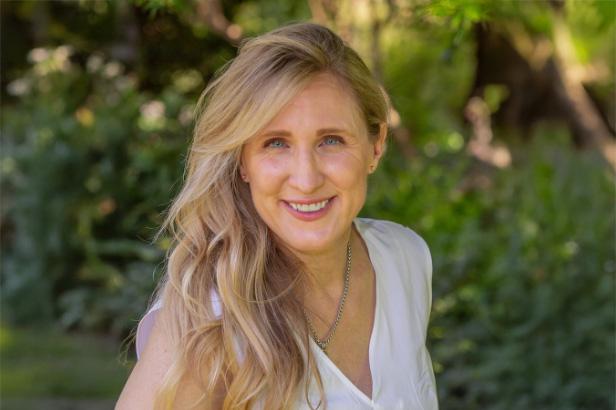Inspiring Innovations at the AOTA Education Summit

As a third-year student, I was curious about what insights I would gain as I walked into the AOTA Education Summit held in Charlotte, NC, in early November. As it turns out, I found it helpful in preparing me for my education-based capstone, as the summit showcased innovations that were as inspiring as they were transformative.
For instance, discussions on integrating the appropriate use of artificial intelligence (AI) into OT education and practice were vibrant, embracing this new education tool with optimism rather than fear. The AI conversations ranged from streamlining rubrics to fostering inclusion and accessibility.
Also on display, emerging technologies like the Anatomage Tablet redefined interactive anatomy learning. Its life-like simulated cadavers brought depth and clarity to understanding the human body. Ethical considerations, like a poster on environmental impact presented by Denise Nepveux, PhD, took center stage and provided a testament to her commitment to ensuring progress is aligned with OT values. Another highlight was the platform on Duke Formations for Service presentation by Dr. Sarah Barton and Dr. Barb Hooper, showcasing the SCIL-OT model and its relevance as an original occupation-centered course series, emphasizing professional growth and impact.
The summit successfully combined educational innovation with a vision for a more impactful and inclusive future.